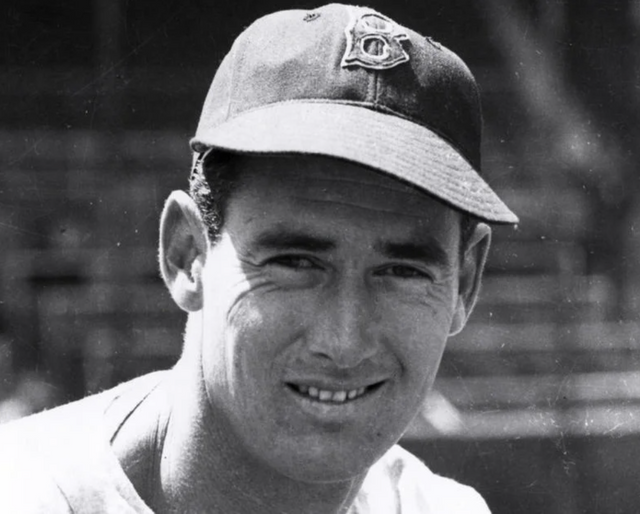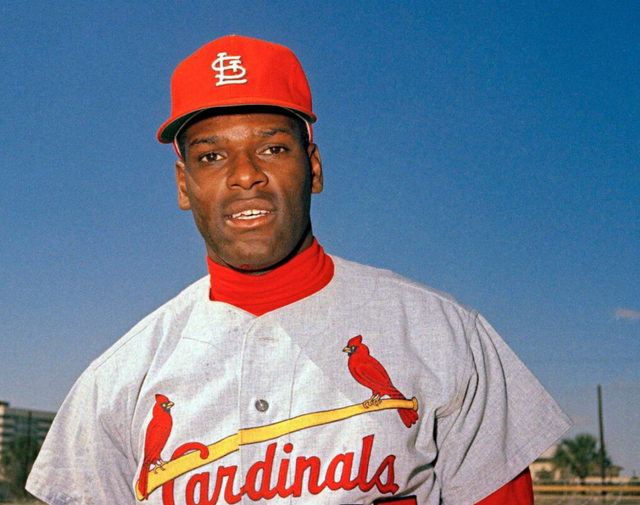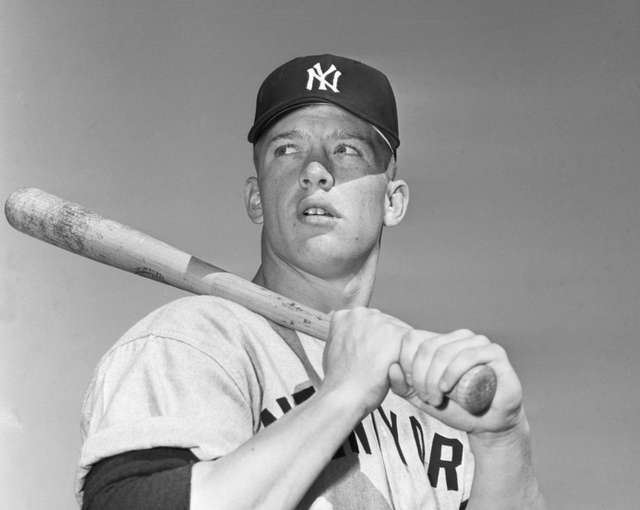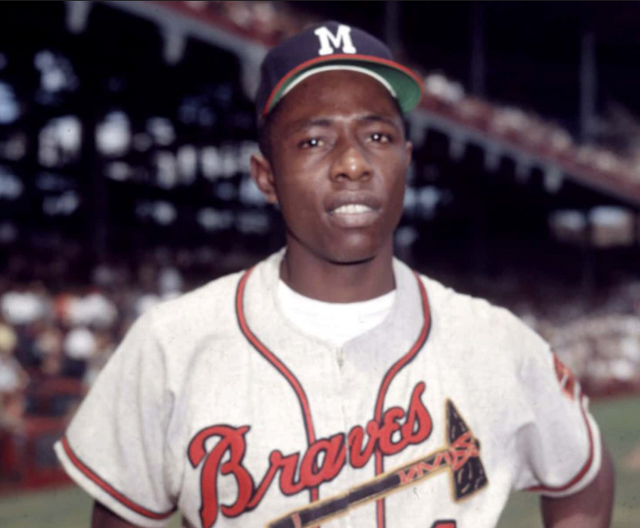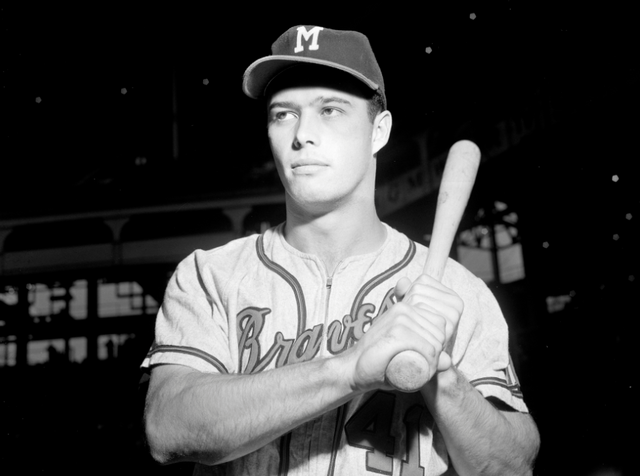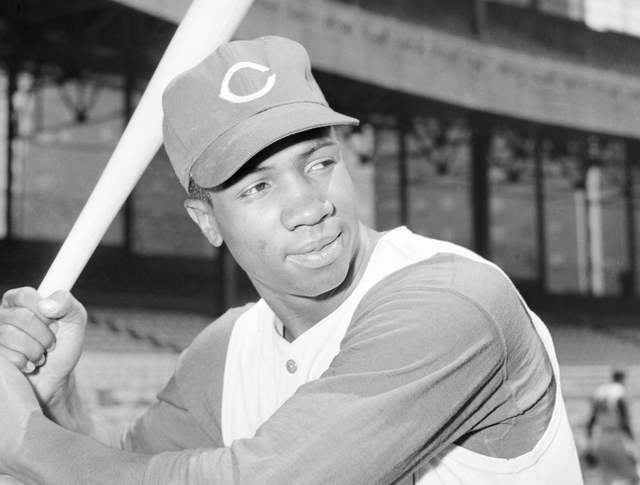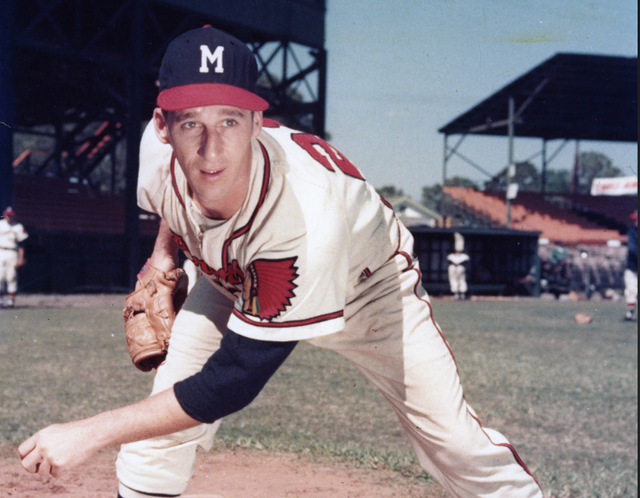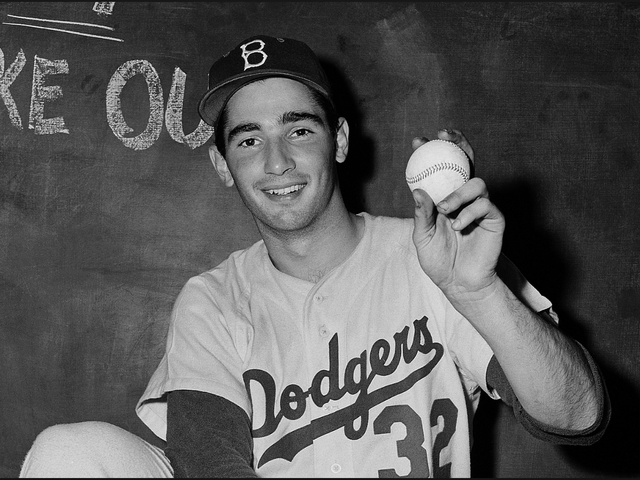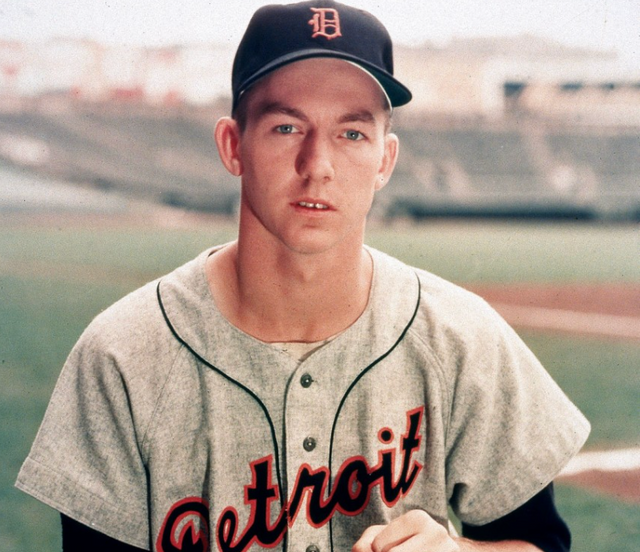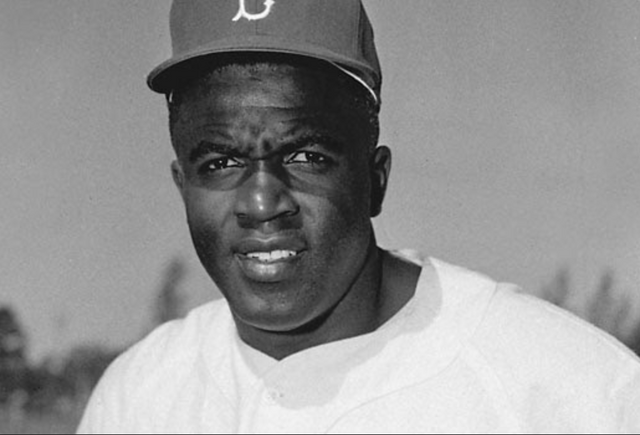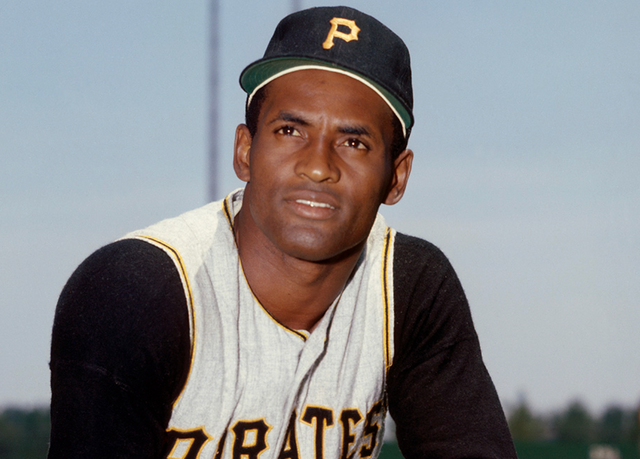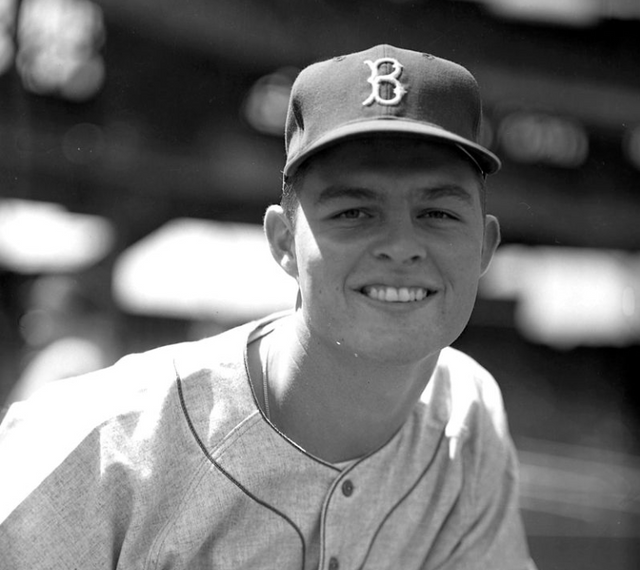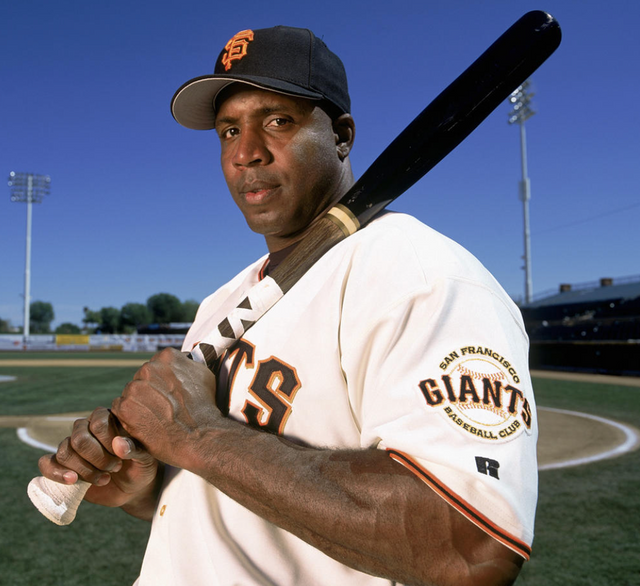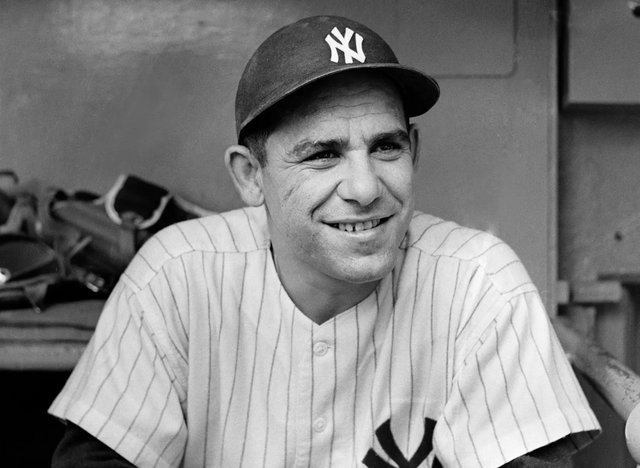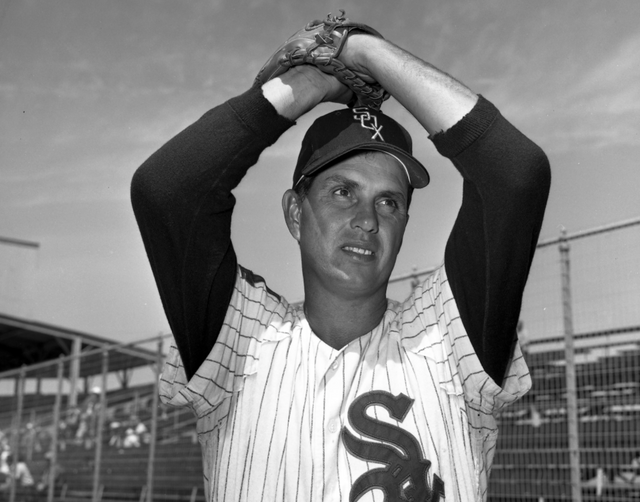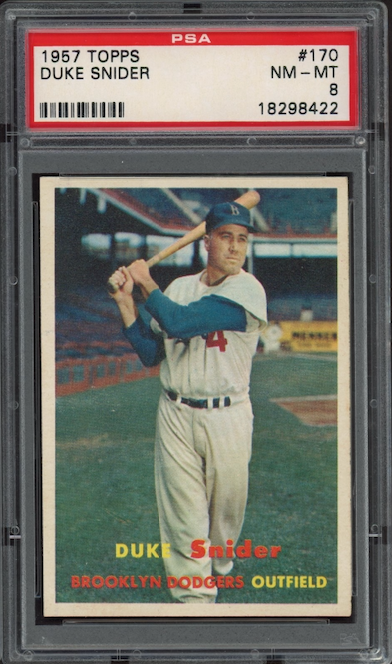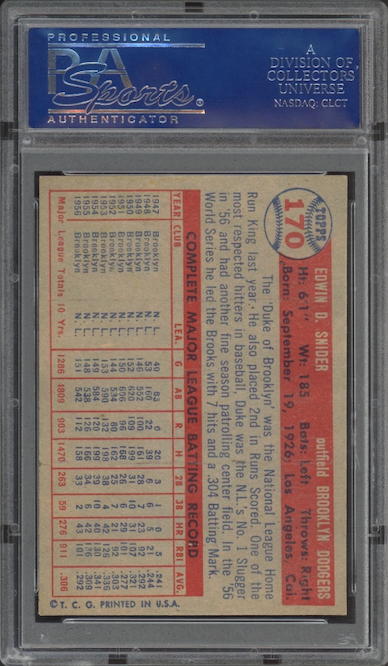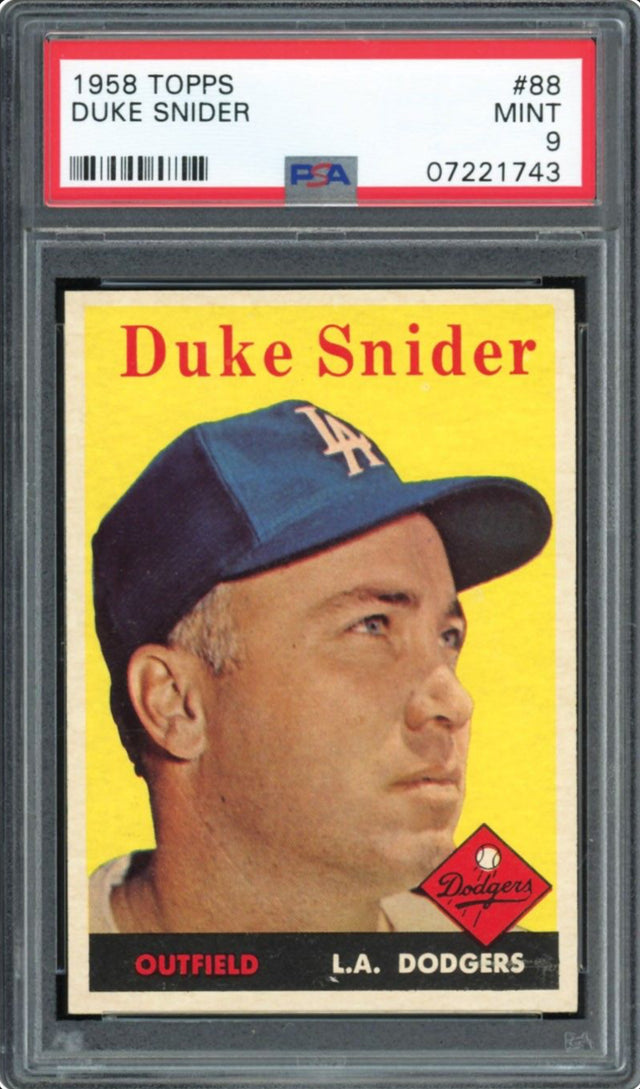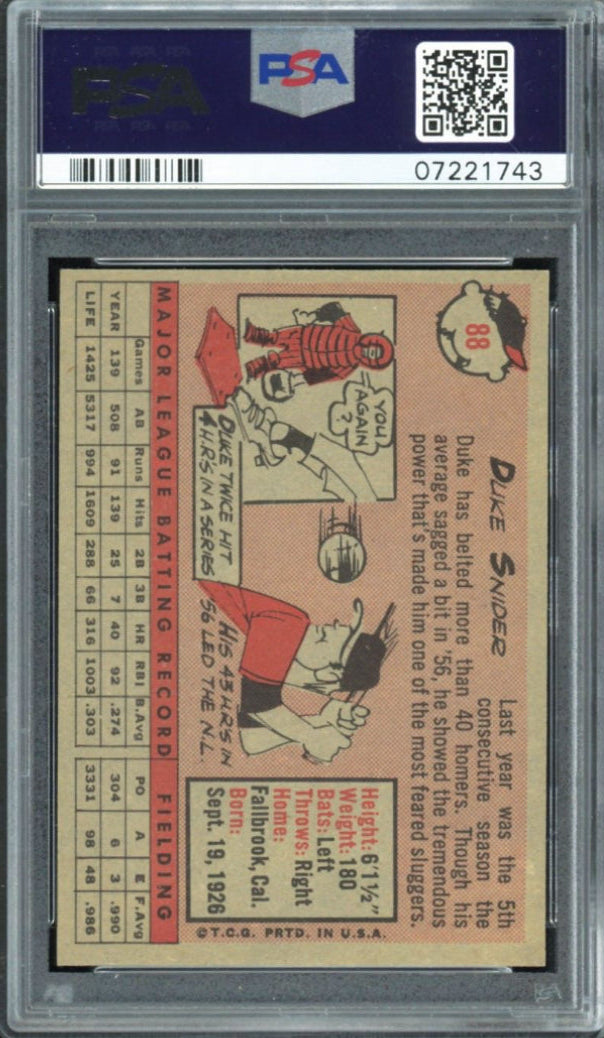Brooks Robinson
The Human Vacuum Cleaner

When it comes to defensive brilliance, Brooks Robinson reigned supreme. Known as “The Human Vacuum Cleaner,” Robinson set the gold standard for third base, combining impeccable glove work with clutch hitting and a deep love for the game. Over a remarkable 23-season career (1955–1977) spent entirely with the Baltimore Orioles, Robinson became one of the most iconic and admired players in Major League Baseball history.
This collection celebrates Brooks Robinson—the defensive wizard and consummate professional who defined excellence on and off the field.
The Greatest Defensive Third Baseman: Career Highlights
Brooks Robinson’s career numbers reflect his consistency and contributions to both offense and defense:
- Batting Average: .267
- Hits: 2,848
- Home Runs: 268
- RBIs: 1,357
- Doubles: 482
- Gold Gloves: 16 (most by any third baseman)
Robinson was an 18-time All-Star (1960–1974) and the winner of the 1964 American League MVP Award. A key figure in the Orioles’ success, Robinson helped lead the team to two World Series championships (1966, 1970), earning 1970 World Series MVP honors for his spectacular performance.
The Wizard of Third Base
Brooks Robinson’s defensive skills were unparalleled. His quick reflexes, smooth glove work, and strong arm made him a defensive force unlike any other. Known for turning seemingly impossible plays into routine outs, Robinson was a highlight machine at the hot corner.
In the 1970 World Series, Robinson delivered one of the greatest defensive performances in postseason history. His diving stops, barehanded grabs, and pinpoint throws against the Cincinnati Reds left fans and opponents in awe, earning him the nickname “The Human Vacuum Cleaner.”
The Heart of the Orioles Dynasty
Robinson was a cornerstone of the Baltimore Orioles’ dominance in the late 1960s and early 1970s. His steady leadership, combined with his stellar play, helped the Orioles capture four American League pennants and establish themselves as one of baseball’s premier franchises.
His loyalty to the Orioles and his consistent production over two decades earned him a reputation as one of the game’s ultimate team players.
Two Stories That Define Brooks Robinson
-
The 1970 World Series Masterpiece:
In the 1970 World Series, Robinson’s defensive heroics stole the show. Facing a powerful Cincinnati Reds lineup, Robinson dazzled with a series of highlight-reel plays that helped secure the Orioles’ championship. His .429 batting average and clutch hitting earned him World Series MVP honors, but it was his defense that became the stuff of legend. -
The 1964 MVP Campaign:
Robinson’s finest offensive season came in 1964, when he batted .317 with 28 home runs and 118 RBIs. His all-around excellence earned him the AL MVP Award, solidifying his status as one of the best players in the game.
The Most Iconic Brooks Robinson Cards
Brooks Robinson’s cards are treasures for collectors who value his unparalleled defensive legacy and contributions to baseball history.
-
1957 Topps Brooks Robinson Rookie Card (#328):
Robinson’s rookie card is a cornerstone of vintage baseball collecting, symbolizing the beginning of his Hall of Fame career. -
1966 Topps Brooks Robinson (#390):
Released during the Orioles’ first World Series championship season, this card captures Robinson at the height of his powers. -
1971 Topps Brooks Robinson (#30):
Known for its striking black-bordered design, this card highlights Robinson during one of his later All-Star seasons and remains a favorite among collectors.
The Lasting Legacy of Brooks Robinson
Brooks Robinson’s career was about more than numbers—it was about redefining the role of third base, setting an example for professionalism, and inspiring generations of players and fans. His ability to make spectacular plays look effortless earned him a spot as one of baseball’s most beloved figures.
Inducted into the Baseball Hall of Fame in 1983, Robinson remains an enduring symbol of excellence and loyalty. His jersey number 5 was retired by the Baltimore Orioles, and his statue outside Oriole Park at Camden Yards serves as a testament to his lasting impact on the franchise and the game.
Filters Filter & Sort
-
1964 Topps #230 Brooks Robinson PSA NM-MT 8
$225.00( / )Unavailable
-
1950 Bowman #77 Duke Snider PSA NM-MT 8
$1,800.00( / )Unavailable -
1957 Topps #170 Duke Snider PSA NM-MT 8
$625.00( / )Unavailable -
1958 Topps #88 Duke Snider PSA MINT 9
$9,950.00( / )Unavailable -
1959 Topps #20 Duke Snider PSA NM-MT 8
$265.00( / )Unavailable -
1960 Topps #493 Duke Snider PSA NM-MT 8
$525.00( / )Unavailable -
1961 Topps #443 Duke Snider PSA MINT 9
$1,200.00( / )Unavailable



